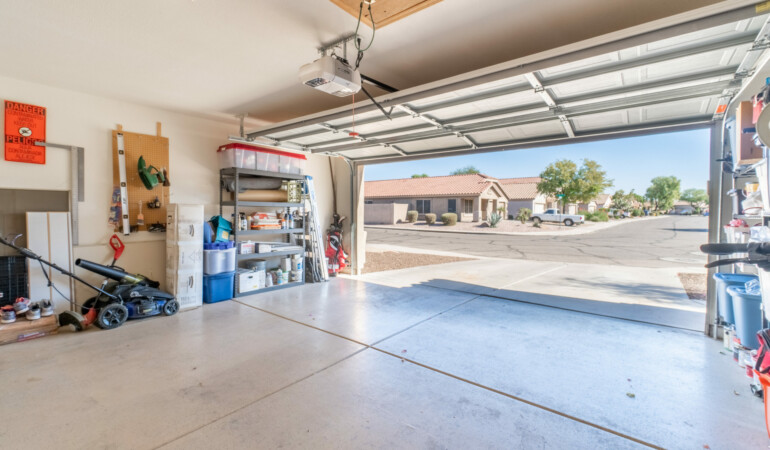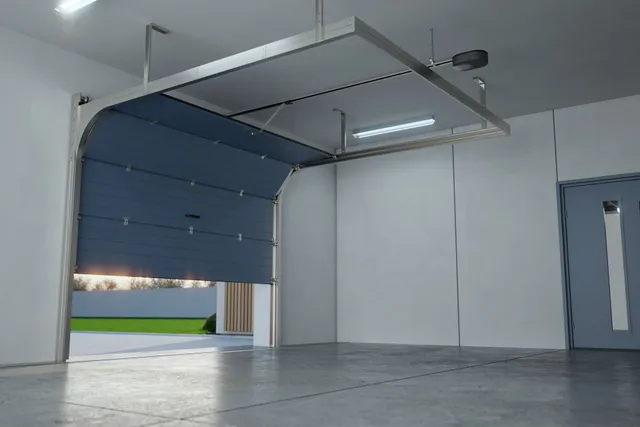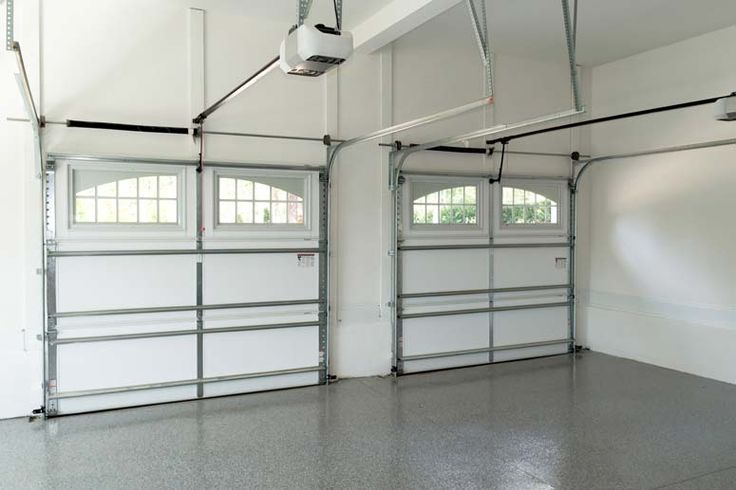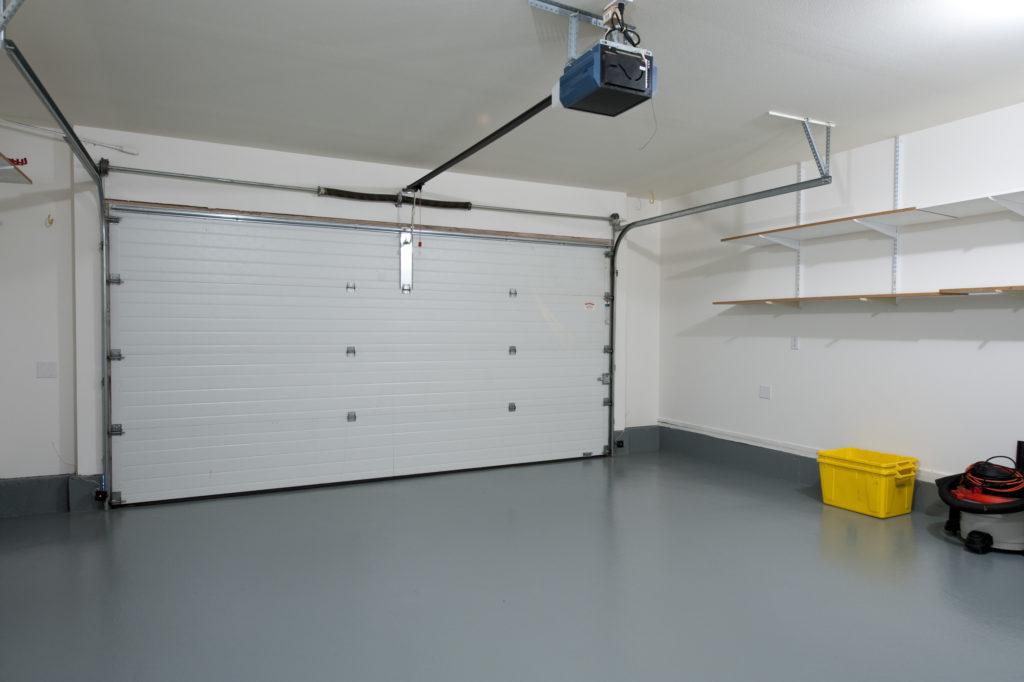When winter rolls around, homeowners in colder regions face the challenge of keeping their homes warm and energy-efficient. One significant yet often overlooked aspect of this is the garage door. Installing insulated garage doors for cold climates can be a game-changer in maintaining comfort and reducing energy costs. In this article, we will explore the benefits, types, and considerations of choosing the right insulated garage door for your home.
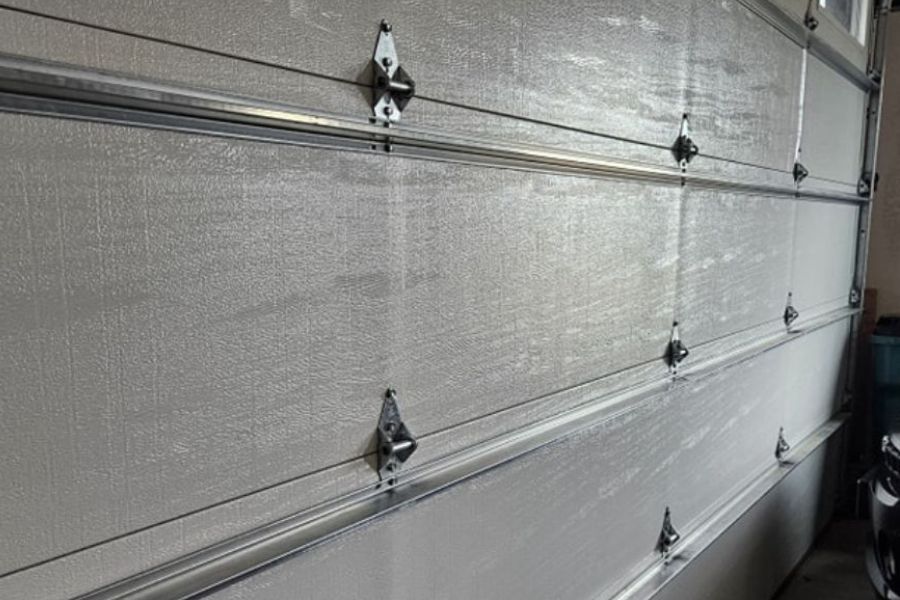
Why Choose Insulated Garage Doors?
Choosing insulated garage doors for your home has numerous advantages. Firstly, they help in maintaining the temperature inside your garage, which is crucial if your garage is attached to your home. The insulation acts as a barrier, preventing cold air from seeping in and warm air from escaping. This can significantly reduce your heating bills in the winter months.
Moreover, insulated doors are typically more durable than their non-insulated counterparts. They consist of multiple layers, providing extra strength and resistance to dents and damage. This added durability can prolong the life of your garage door, making it a wise investment.
Types of Insulated Garage Doors
There are various types of insulated garage doors, each with its unique benefits. The most common types include:
Steel Insulated Garage Doors
Steel doors are popular due to their strength and low maintenance. They often use polyurethane or polystyrene insulation for added efficiency. Steel doors can also be customized with different finishes and styles to match your home’s exterior.
Fiberglass Insulated Garage Doors
Fiberglass doors are lightweight and resistant to denting, making them a durable option. They are also available in various designs that mimic the look of wood, providing an aesthetic appeal without the maintenance issues associated with real wood.
Wood Composite Insulated Garage Doors
For those who love the appearance of wood but want better insulation and durability, wood composite doors are an excellent choice. These doors combine wood fibers with synthetic materials for enhanced strength and insulation capabilities.
Energy Efficiency and Cost Savings
One of the primary reasons homeowners opt for insulated garage doors is the potential for energy savings. By reducing heat loss through the garage, these doors can lower your overall energy consumption. This is particularly beneficial if you use your garage as a workspace or if it connects directly to your living space.
To maximize energy efficiency, consider doors with a high R-value, which measures the door’s thermal resistance. The higher the R-value, the better the insulation performance, leading to greater energy savings.
Installation Considerations
When installing insulated garage doors, there are several factors to consider:
Size and Fit
Ensure that the door fits your garage opening perfectly. A poorly fitted door can compromise insulation effectiveness and lead to increased energy costs. It’s advisable to have a professional measure and install the door to guarantee a proper fit.
Material and Style
Consider the material and style that best suits your home’s exterior. Whether you prefer the modern look of steel or the classic charm of wood, there is an insulated door to match your taste.
Maintenance Requirements
Different materials have varying maintenance needs. Steel doors, for example, require less upkeep compared to wood doors, which may need regular painting or sealing to maintain their appearance.
Benefits of Insulated Garage Doors
Beyond energy savings, insulated garage doors offer additional benefits:
Noise Reduction
The insulation in these doors also helps reduce noise, making them an excellent choice for garages used as workshops or living spaces.
Increased Durability
The multi-layer construction of insulated doors enhances their durability, providing resistance to impact and everyday wear and tear.
Enhanced Home Value
Installing a high-quality insulated garage door can increase your home’s resale value, appealing to potential buyers looking for energy-efficient features.
Common Misconceptions
There are some misconceptions surrounding insulated garage doors that need addressing:
Insulation Doesn’t Matter for Detached Garages
While it may seem less critical for detached garages, insulation still offers benefits such as noise reduction and protection for stored items.
All Insulation is the Same
Not all insulation materials are created equal. Consider the R-value and the specific insulation material used to ensure optimal performance.

FAQs About Insulated Garage Doors
What is the best insulation material for garage doors?
Polyurethane offers the best insulation among materials due to its high R-value and ability to fill gaps effectively.
Can I insulate my existing garage door?
Yes, you can add insulation to an existing door using insulation kits available at home improvement stores. However, a new insulated door offers better overall performance.
How much does an insulated garage door cost?
The cost varies depending on the material, style, and size, but on average, expect to pay between $800 and $2,500 for a quality insulated door.
For more detailed information on choosing the right garage door, consider visiting Energy Efficiency Insulated Garage Doors.
In conclusion, insulated garage doors for cold climates are a smart investment for homeowners looking to enhance comfort, reduce energy costs, and add value to their homes. By selecting the right type and ensuring proper installation, you can enjoy the numerous benefits these doors offer.
For further reading on the advantages of insulated versus uninsulated doors, check out this Insulated vs Uninsulated Garage Doors article.
This article contains affiliate links. We may earn a commission at no extra cost to you.





